An Jian Qiu is a 5th-generation inheritor of his family's Wushu tradition, a lineage strongly centered on Baji Quan, Bagua Zhang, Xing Yi Quan and Taiji Quan. Born into a lineage of martial artists, his martial arts journy begane at age 6. e endured a childhood of strict martial arts training under his father, An De Sheng, mastering the physical techniques and deeply learning the philosophical concepts of traditional Chinese Wushu.By 16, he was training full-time, assisting his father at the family school and expanding his knowledge in An Family Taijiquan, Xingyiquan, and Baguazhang. At 19, he began specializing in combat training, learning Sanda.
An Jian Qiu's teaching career spans China and the international stage. He taught at Beijing Sports University, learning valuable experience from Master Shi ShenLin in LangFang, and founded the An Family Kung Fu and Traditional Culture Academy in Dezhou. He has also taught wushu as the headcoach at the Yunfei Wushu School in Hebei Province and at the MMA gym of the Beijing Culture and Language University in Beijing. His teaching philosophy integrates traditional Wushu with modern fighting methods, emphasizing practicality and respect for martial arts traditions. Over the years, he has instructed hundreds of students from different backgrounds, both in China and abroad.
Driven by a passion for combat and self-improvement, An Jian Qiu pursued competitive martial arts, excelling in San Da (Chinese Kickboxing) and traditional Wushu. He earned national recognition by winning first place in Xing Yi Quan and Baji Quan competitions in China, affirming his expertise in both internal and external martial arts. His relentless training, however, led to severe injuries, forcing him to reconsider his approach to martial arts.This period of reflection and recovery led to a profound understanding of Qi Gong, internal martial arts, and the ethical and health cultivation aspects of Wushu, moving beyond a purely combative focus.
His competitive achievements include:
- Beijing Martial Arts Youth Festival Champion (2001)
- National Bagua Zhang Invitational Championship Runner-Up (2002)
- National Wushu Sanda Competition Champion (Baoding, 2004)
- Shandong Traditional Martial Arts Competition Bajiquan Champion (2010, 2015)
- Shandong Traditional Martial Arts Competition Staff Category Champion (2014)
- International Youth Wushu Festival Champion (Beijing, 2014)
- China Martial Arts Tournament Baji Quan Champion (Tianjin, 2016)
- China Wuzhong Bajiquan Invitational Tournament Baji Quan Champion (Tianjin 2017)
With a growing reputation in the global martial arts community, An Jian Qiu has conducted seminars and workshops across Europe since 2012, including Germany, Netherlands, Spain, Italy, Greece, Switzerland and Austria. His mission is to promote authentic Chinese Wushu worldwide, ensuring that future generations, both in China and internationally, its practical fighting methods and its rich philosophical and traditional depth. By bridging tradition and modernity, An Jian Qiu contributes to the evolution of chinese martial arts, staying true to his family's legacy while adapting to the evolving martial landscape.


